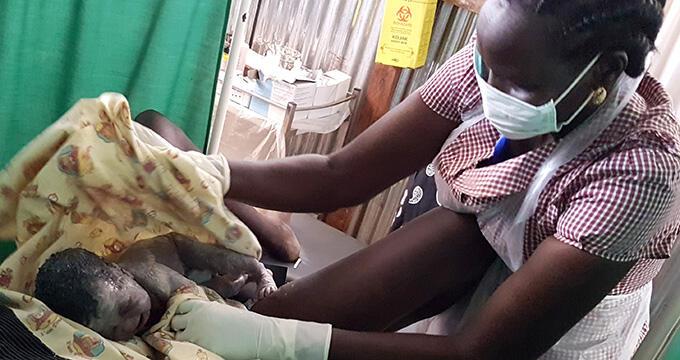
Global Highlights
- The COVID-19 pandemic is not slowing down and the socio-economic distress is evident around the world. In addition, other causes of humanitarian emergencies are compounding the situation.
- Conditions are worsening for the already fragile and conflict-affected countries such as Iraq, Syria and Yemen, pushing them into more complex and protracted crises. Food insecurity in parts of Africa, and the risk of La Niña weather events in the Asia Pacific, are of high concern. The pandemic has exacerbated inequalities in all societies, with a disproportionate impact on women and girls.
- UNFPA is responding to the COVID-19 pandemic by working to ensure continuity of sexual and reproductive health services (SRH) and gender-based violence (GBV) prevention and response, risk communication and community engagement, and provision of lifesaving supplies including contraceptives, maternal health drugs and supplies, and personal protective equipment (PPE).
- As of September 2020, programmes by UNFPA and partners reached millions of people, including an estimated 10 million women and 5 million young people aged 10-24, in 52 countries covered by the OCHA-led global humanitarian response plan (GHRP). More results can be viewed in the latest GHRP progress report here.
- UNFPA has developed a body of technical briefs to guide work in countries, in the context of the WHO global strategic preparedness and response plan, UNFPA COVID-19 global response plan, global humanitarian response plan, framework for socio-economic response to COVID-19, and the UNSG policy briefs on COVID-19 response.



